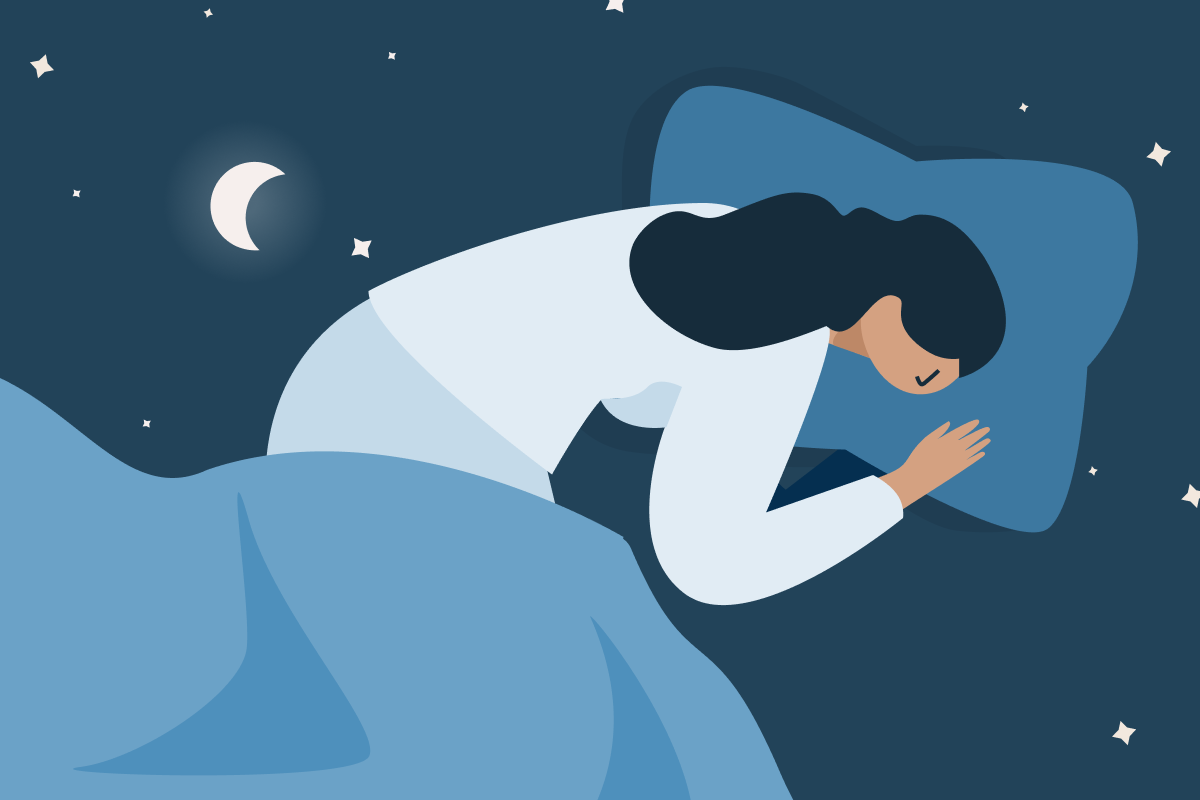In the quiet depths of the night, while the world around us slumbers peacefully, there are those who find themselves locked in a relentless battle with sleeplessness. Insomnia, a common sleep disorder, plagues millions of individuals worldwide, disrupting their ability to achieve restful sleep and leaving them to navigate the darkened corridors of the night alone. In this article, we embark on a journey through the labyrinth of insomnia, exploring its causes, effects, and potential pathways to reclaiming the elusive embrace of sleep.
Understanding Insomnia
Insomnia, characterized by difficulty falling asleep, staying asleep, or experiencing restorative sleep, is a complex sleep disorder with multifaceted origins. It can manifest as acute episodes lasting for short periods or as chronic insomnia, persisting for weeks, months, or even years. The experience of insomnia varies from person to person, with some struggling to initiate sleep, others awakening frequently throughout the night, and still others finding themselves wide-eyed in the early hours of the morning, unable to return to slumber.
The Midnight Watch
For those afflicted by insomnia, the night becomes an unwelcome adversary, stretching endlessly before them like an uncharted expanse of darkness. While the world around them succumbs to the gentle embrace of sleep, they remain vigilant, their minds consumed by a relentless stream of thoughts, worries, and anxieties. Each passing hour becomes a battleground, as they grapple with the elusive promise of rest, knowing that sleep continues to elude their grasp.
The Causes of Insomnia
Insomnia can be triggered by a multitude of factors, both physical and psychological. Stress and anxiety, often companions of modern life, can hijack the mind and prevent it from entering the restful state necessary for sleep. Poor sleep hygiene, characterized by irregular sleep schedules, excessive screen time before bed, and the consumption of stimulants like caffeine or nicotine, can disrupt the body's natural sleep-wake cycle and contribute to insomnia.
The Vicious Cycle
Insomnia is often characterized by a vicious cycle, where the fear of not being able to sleep perpetuates the very problem it seeks to avoid. Individuals may develop maladaptive sleep behaviors, such as spending excessive time in bed, napping during the day, or relying on sleep aids, which can further exacerbate their sleep difficulties. As the cycle continues, insomnia becomes deeply ingrained, and breaking free from its grip becomes increasingly challenging.
The Effects of Insomnia
The effects of insomnia extend far beyond the realm of sleep, infiltrating nearly every aspect of an individual's life. Daytime fatigue, irritability, and difficulty concentrating become constant companions, impairing cognitive function and diminishing overall quality of life. Relationships may suffer as the toll of sleeplessness weighs heavily on both the afflicted individual and their loved ones. Physical health may also be compromised, as chronic sleep deprivation has been linked to an increased risk of various medical conditions, including obesity, diabetes, and cardiovascular disease.
Navigating the Insomnia Journey
While the journey through sleeplessness may feel daunting, there are pathways to relief for those who find themselves lost in the labyrinth of insomnia. By addressing the underlying causes of insomnia, adopting healthy sleep habits, and seeking professional help when needed, individuals can begin to reclaim control over their sleep and restore balance to their lives. Cognitive-behavioral therapy for insomnia (CBT-I), a structured, evidence-based approach that addresses the thoughts, behaviors, and emotions that contribute to sleep difficulties, has been shown to be highly effective in treating insomnia and promoting long-term sleep health.
The Light at the End of the Tunnel
Though the journey through insomnia may be fraught with challenges, there is hope on the horizon for those who persevere. With patience, determination, and the support of loved ones and healthcare professionals, individuals can find their way back to restful sleep and reclaim the peace and tranquility that insomnia has stolen from them. Each step forward, no matter how small, brings them closer to the light at the end of the tunnel—a place where sleeplessness gives way to serenity, and the journey through the insomnia chronicles reaches its long-awaited conclusion.





Comments